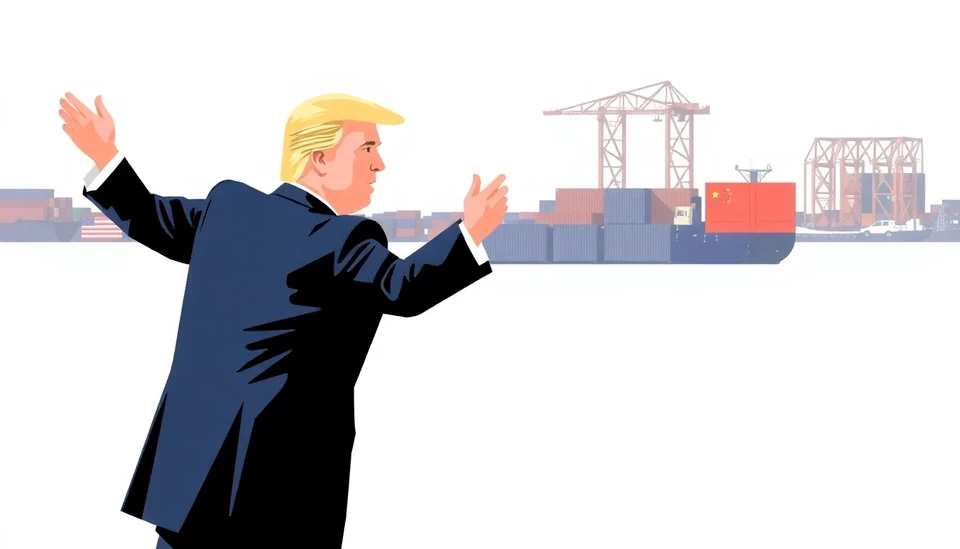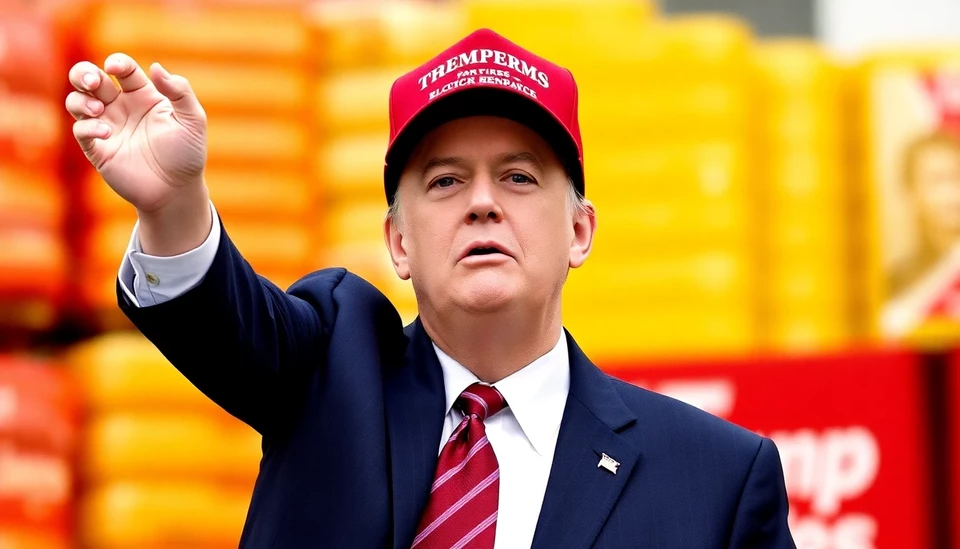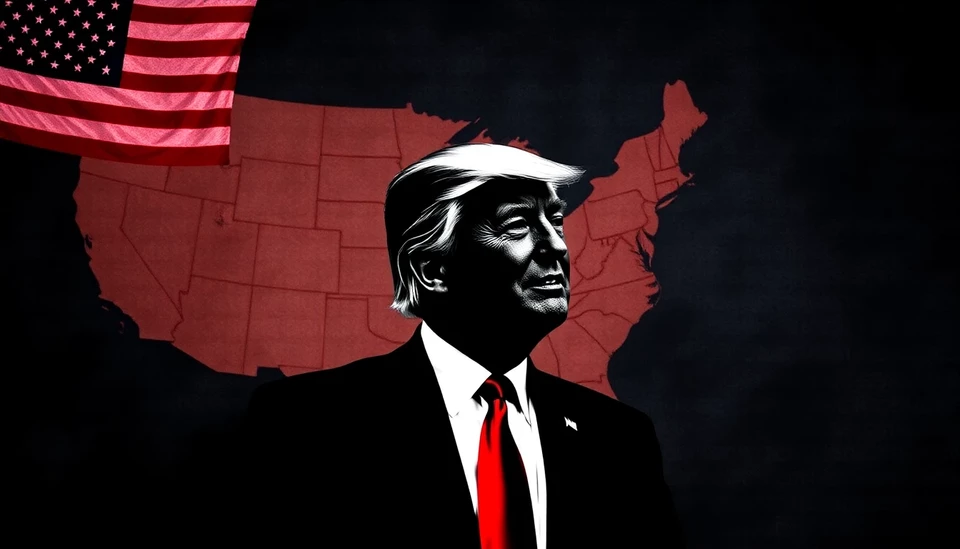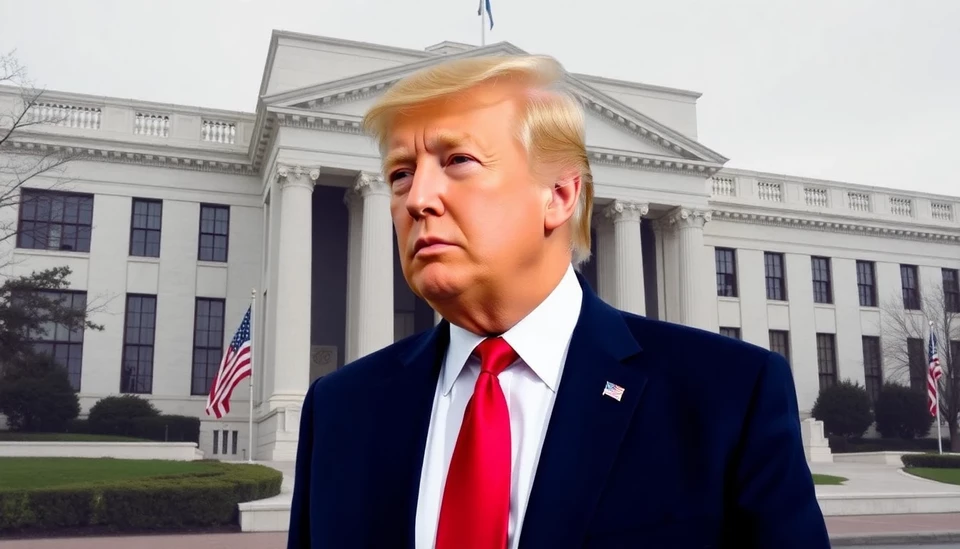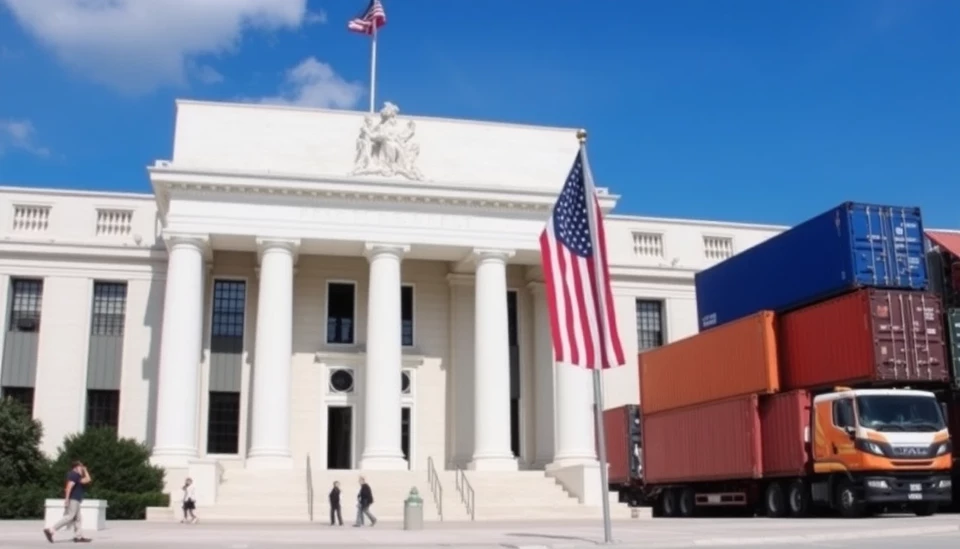
In a recent analysis, former President Donald Trump's trade policies have emerged as a significant factor in muddying the inflation outlook for the U.S. economy. Economists are increasingly concerned that the uncertainty surrounding trade tariffs and their impacts on the market are obscuring the Federal Reserve's preferred measure of inflation.
The Federal Reserve typically relies on the Personal Consumption Expenditures (PCE) price index to gauge inflation rates. This index has been vital for policymakers in determining monetary policy, yet the recent volatility in trade relations has begun to exert pressure on price levels, complicating the Fed's ability to predict future economic conditions effectively.
Trump's tenure was marked by aggressive trade practices, including imposing tariffs on a variety of imports aimed at protecting American industries. Many economists argue that these policies led to increased costs for businesses and consumers alike, shifting the inflation dynamics in ways that were not entirely anticipated.
Currently, the debate around inflation has intensified as the country navigates the aftermath of pandemic-related supply chain disruptions. Compounded by rising labor costs and ongoing geopolitical tensions, the uncertainty surrounding Trump's trade legacy leaves analysts with more questions than answers regarding future inflation trends.
While some sectors have benefited from protective tariffs, the overall impact on consumer prices suggests that the Fed may have to employ a more cautious approach in interest rate adjustments. This complicates the inflation outlook, creating potential challenges for the central bank in its mission to sustain economic growth while keeping inflation at bay.
As we head into the new year, the implications of these trade policies could become even clearer. With key economic indicators fluctuating and consumer confidence still shaky, it is essential for economists to closely monitor these developments. The Fed's reliance on the PCE index will likely continue to be scrutinized as decisions about monetary policy become increasingly intertwined with the evolving trade landscape.
In conclusion, Trump's trade policies present a complex challenge for inflation forecasting and the U.S. economy at large. As we move forward, stakeholders from all sectors must remain vigilant and continue to analyze the ramifications of these trade decisions on future inflation rates.
#TrumpTrade #InflationForecast #FederalReserve #EconomyUpdate #PCEDynamics #EconomicPolicy
Author: Rachel Greene
